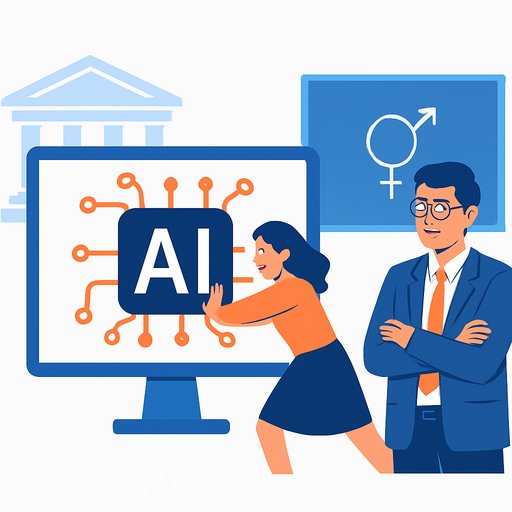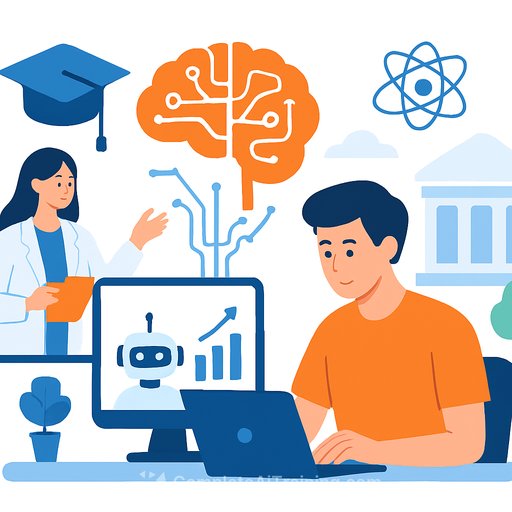Kazakh Citizens Split on AI's Role in Education
ASTANA - Artificial intelligence has become a common study companion across Kazakhstan, yet its place in classrooms is still contested, according to new data from the Institute of Public Policy.
A nationwide survey of 2,000 adults (June 18-July 4; margin of error ±2.2%) shows an almost even split on whether tools such as ChatGPT improve learning or undermine it.
What the public thinks
- Positive impact (40.5%)
- 13% say AI broadens horizons and deepens knowledge.
- 27.6% see value but want monitoring to protect student independence.
- Negative impact (37.4%)
- 21.7% say it makes studying too easy, reducing depth of learning.
- 15.6% worry it leads to superficial work and less interest in school.
- Neutral/undecided (22.1%)
- 9.5% are undecided.
- 12.6% believe AI has no significant effect.
More positive views came from younger participants, university students, urban residents, and women. Concerns were voiced more often by older respondents, men, and rural residents.
Implications for schools
AI already supports students and professionals with drafting, brainstorming, and organizing information. The debate has reached teachers, administrators, and legislative committees, especially around homework, essays, and tests. The signal for education leaders is clear: set guardrails that keep learning authentic while using AI where it adds value.
Practical steps for educators
- Create an AI-use policy that defines acceptable support (idea generation, outlines, grammar) and banned uses (full-paper writing, take-home test answers).
- Require disclosure: a brief "AI usage statement" on assignments noting what tool was used, for what task, and why.
- Design assessments that check process, not just product: drafts, version history, oral defenses, in-class writing samples.
- Use rubrics that reward reasoning, citations, and original analysis, not only final polish.
- Balance open and closed conditions: mix supervised in-class tasks with at-home work where AI is allowed with limits.
- Teach prompt literacy and critical reading of AI outputs: fact-checking, bias spotting, and source validation.
- Protect data privacy: prefer tools with clear policies and school-managed accounts; avoid uploading sensitive student data.
- Address equity: ensure access to approved tools or provide AI-free alternatives so grading stays fair.
- Offer staff training and parent communication so expectations are consistent across classes and grades.
Policy pointers for administrators and lawmakers
- Age-appropriate guidelines and default settings for primary, secondary, and higher education.
- Transparency rules: students disclose AI assistance; teachers signal where AI is allowed or prohibited.
- Data protection and vendor requirements (security, retention limits, model training restrictions).
- Procurement standards for accuracy, bias testing, accessibility, and cost controls.
- Professional development funding and time for teachers to test and compare tools.
- Incident reporting and academic integrity processes that emphasize education over punishment for first-time missteps.
For broader context, see UNESCO's guidance on AI in education (policy reference) and the OECD AI Principles (governance baseline).
Help your team build practical AI skills
If your school is setting standards or training plans, start with hands-on courses that focus on safe, accountable classroom use, assessment design, and academic integrity.
- Browse role-based options here: Courses by job
- See guides and examples for classroom ChatGPT use: ChatGPT resources
Bottom line: public opinion is split, but the path forward is practical. Keep AI as a scaffold, not a substitute; make learning visible; and set clear rules that protect student independence while improving productivity.
Your membership also unlocks:






